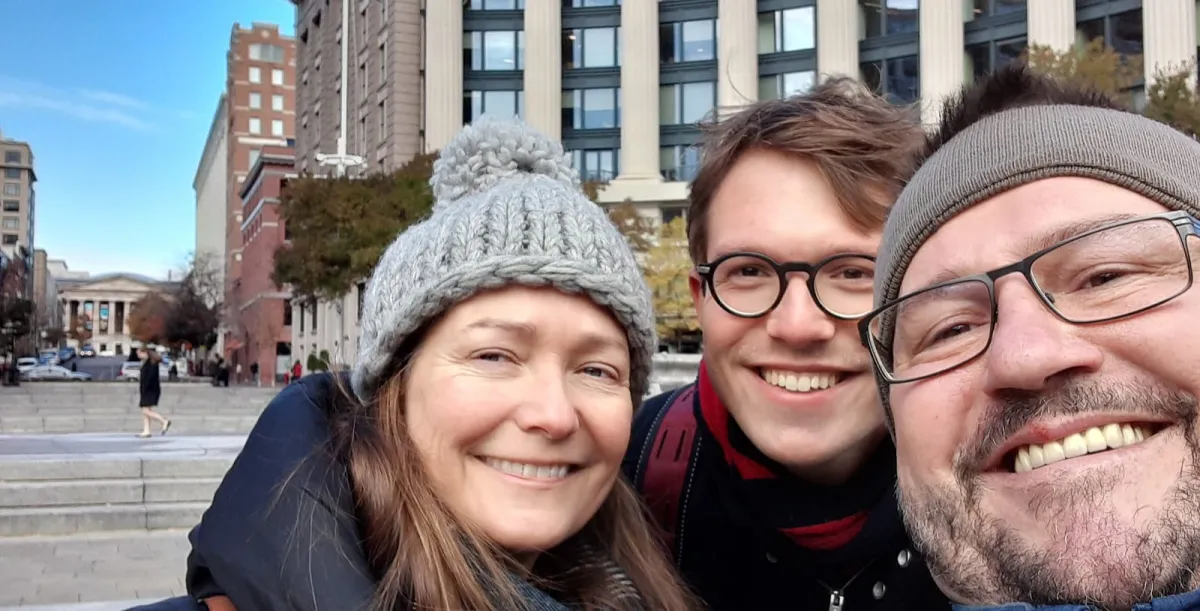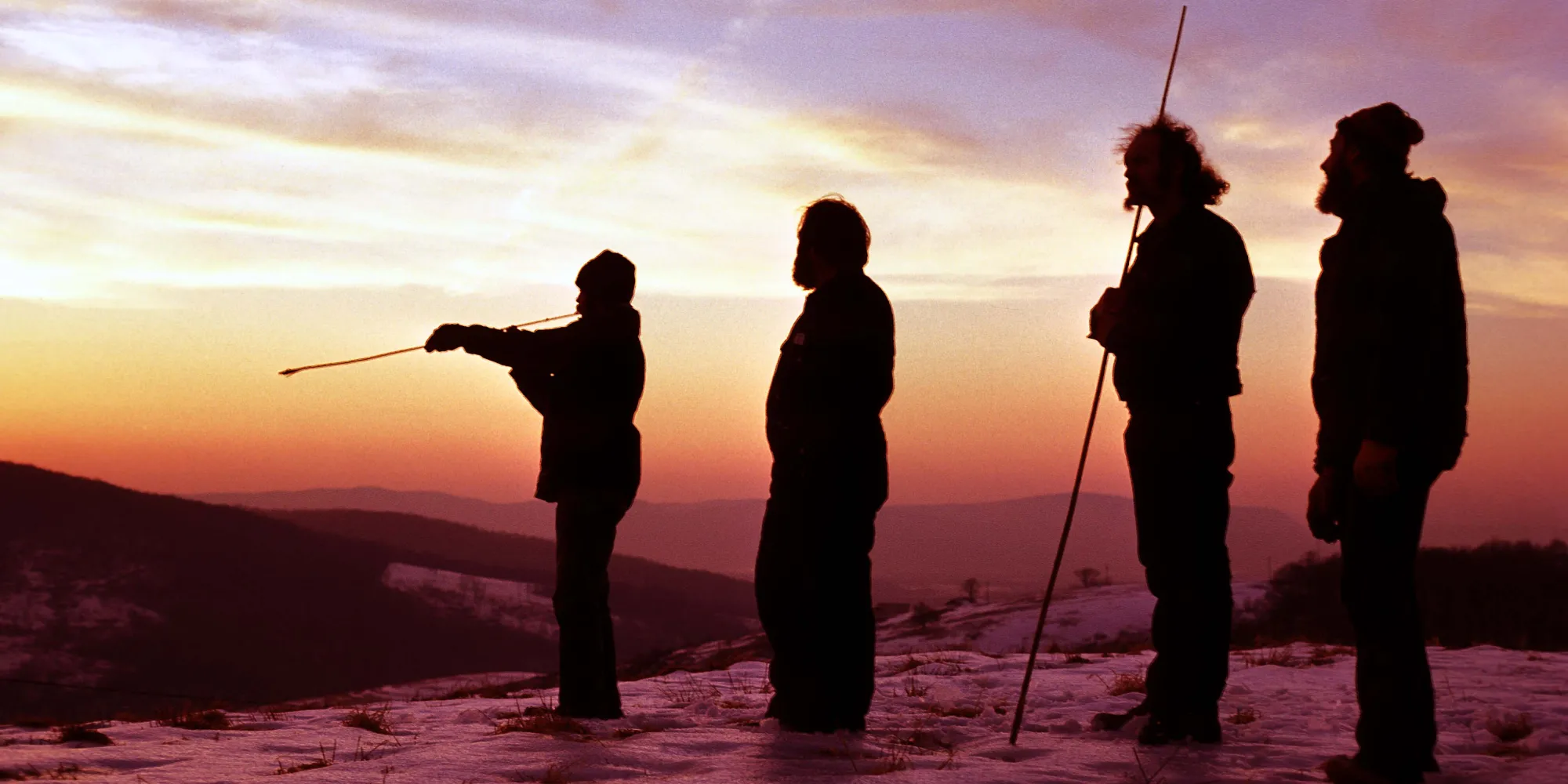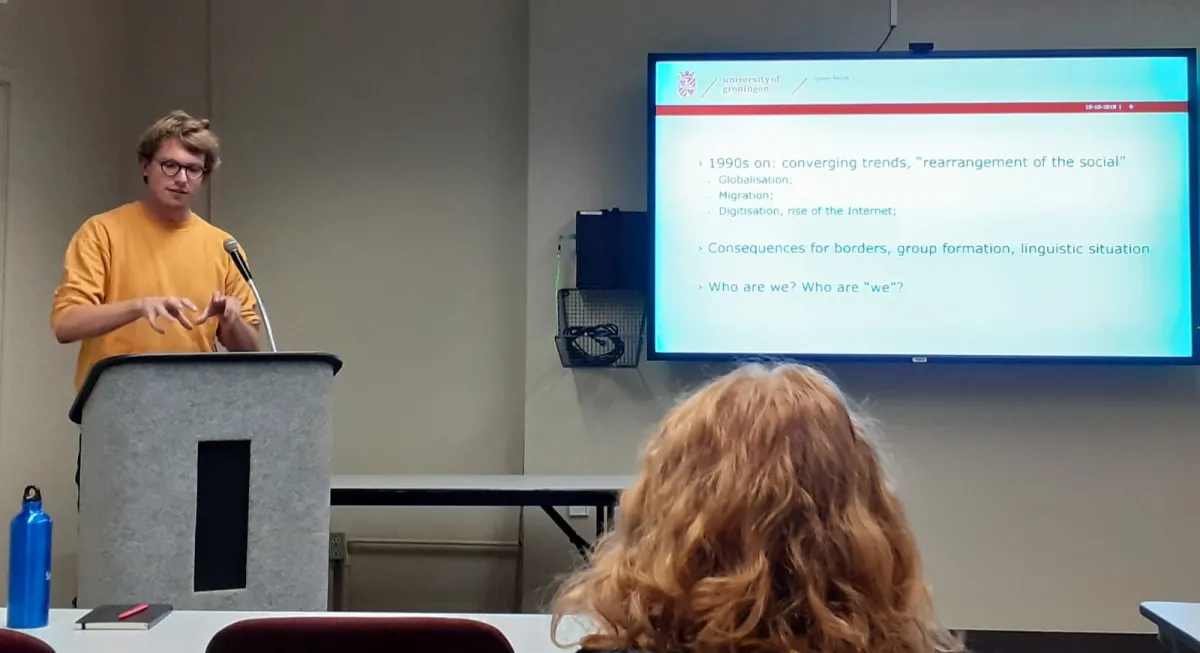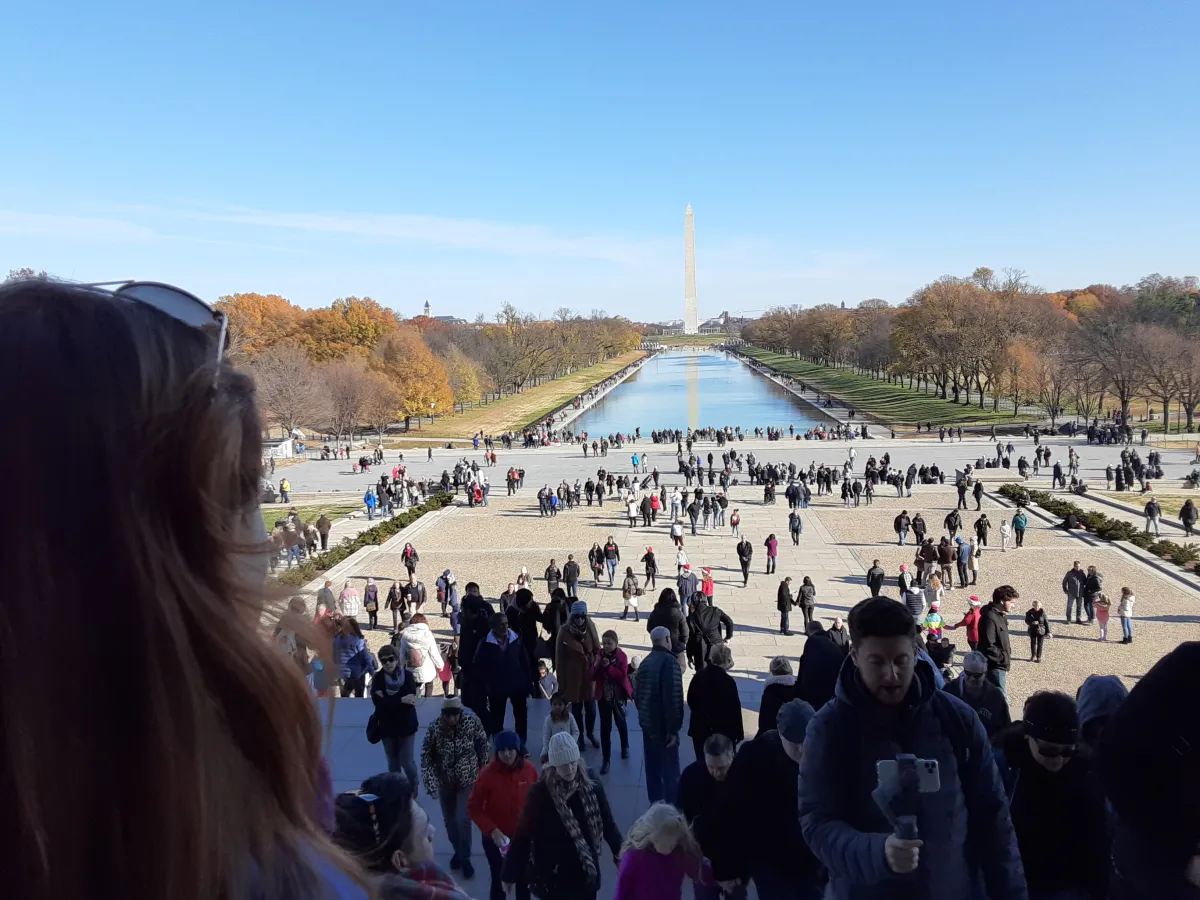
Search

News from Recovering Voices
Multilingualism and Representation
By: Jesse van Amelsvoort, MA
RISE stands for Marie Skłodowska-Curie Research and Innovation Staff Exchange, which is the branch of the European Commission funding the 4-year multi-institutional program. The COLING project is based on a practical strategy for collaborating across disciplinary, regional, and ideological divisions in Europe and beyond. An important goal during the project is to develop and implement solutions for bridging collaboration and knowledge-transfer gaps between academics in Europe, US and Mexico, members of local communities/ethnic minorities and both European and non-European NGOs. COLING aims to provide justification for the strengthening and revitalization of minority languages, as well as guidelines to implement concrete programs for this purpose. The project’s objectives focus on developing and sharing expert knowledge on language revitalization programs that combine community-driven and top-down approaches; promoting engaged collaboration among academic, nonprofit and community-based institutions; developing efficient teaching methodologies, teacher training, and curricula for minority languages; establishing a new international academic program in minority studies at the partner institutions, in which the new methodologies and curricula will be employed. COLING will organize summer schools, workshops, trainings to bring together researchers, practitioners and community members, permitting the exchange of skills, best practices and research results. As part of Recovering Voices participation in RISE, NMNH is hosting a series of fellows during the course of the grant.

Early on in my PhD studies, I learned it was possible to be a research fellow at the Smithsonian Institution in Washington, D.C. “America!” I thought, never having been to the country before, “wouldn’t it be nice to spend some time there?” Yes, I’ll admit, at that time being hosted by the Recovering Voices program didn’t mean much to me – it was a necessary condition for something else: being in the U.S. for the first time, exploring D.C., visiting New York and other cities. But this admission has to be immediately followed up by another one: that I greatly underestimated the impact of my time not only in the U.S. or D.C., but especially at Recovering Voices.
My home university, the University of Groningen’s newest, interdisciplinary faculty Campus Fryslân in Leeuwarden, the Netherlands, is one of the institutions participating in the COLING RISE project, funded by the European Union under its Horizon 2020 scheme. My own research is on multilingual minority writers, that is, national and migrant minority writers who might themselves be multilingual, or come from multilingual environments, and the strategies they develop to be heard and seen the way they want to be heard and seen in a Europe that is obsessed with identity, borders and the boundaries of the groups. How can writers who are marginalized for linguistic and/or ethnic reasons make sure they read how they want to be read? Our current historical moment, marked by globalization, migration and the rise of digital media, can be daunting, but also offers opportunities. While English might cast dark clouds over the world’s other languages, at the same time the internet offers new ways to sustain communities and create archives. All of that affects what writers are doing today. It’s also, not unimportantly, a great bunch of writers I’m working on: some more well-known, such as Zadie Smith or Emine Sevgi Özdamar, and others such as Tsjêbbe Hettinga and Kjell Westö less so.

During my time at the Smithsonian, I’ve worked on two chapters of my PhD dissertation, portions of which will be published as journal articles or book chapters the coming one or two years. In October, I presented to an engaged and enthusiastic audience (that was my interpretation, at least) what I am doing. I have also met with colleagues from various universities, including Georgetown, Harvard and even a colleague from Utrecht who was a research fellow in Boston. With one colleague, I’ve started work on a special issue on the multilingual imagination of groups and communities in our day and age. Overall, being away from the day-to-day order of things in Leeuwarden helped me focus on my work and make some real progress.
Meanwhile, at Recovering Voices, I talked to colleagues from various backgrounds – anthropology, linguistics, art – coming together around questions of the preservation, documentation and revitalization of small and endangered languages. Language, we analyzed time and again, relates to culture, health and worldviews, and should not be isolated. It helped me see a dimension of my own work I knew existed but was not very aware of. While my field is literary studies, and I do not directly occupy myself with language documentation and revitalization, the study of authors writing in small languages and their work is important. Literature is part of people’s culture and the way they view the world; understanding what they write about, which stories are available for them to tell and which stories resonate with readers, both at home and abroad, thus helps us get a sense of a language’s vitality. I am happy I have been able to start thinking about this topic, together with others – thanks to my time at Recovering Voices.

On December 22, I flew home. Thanks in no small part to the RV staff, especially Gwyneira Isaac and Laura Sharp, I am going back to Leeuwarden feeling like I am leaving behind a second home in Washington, D.C. Next up is some time in Leeuwarden and then, next fall, a fellowship at Stockholm University, where – hopefully – I can start rewriting and synthesizing the various parts of my dissertation. If all goes well, I will defend my dissertation in the summer of 2021.
Find me on Academia.edu to follow my academic pursuits, or on Twitter for some lighter fare.